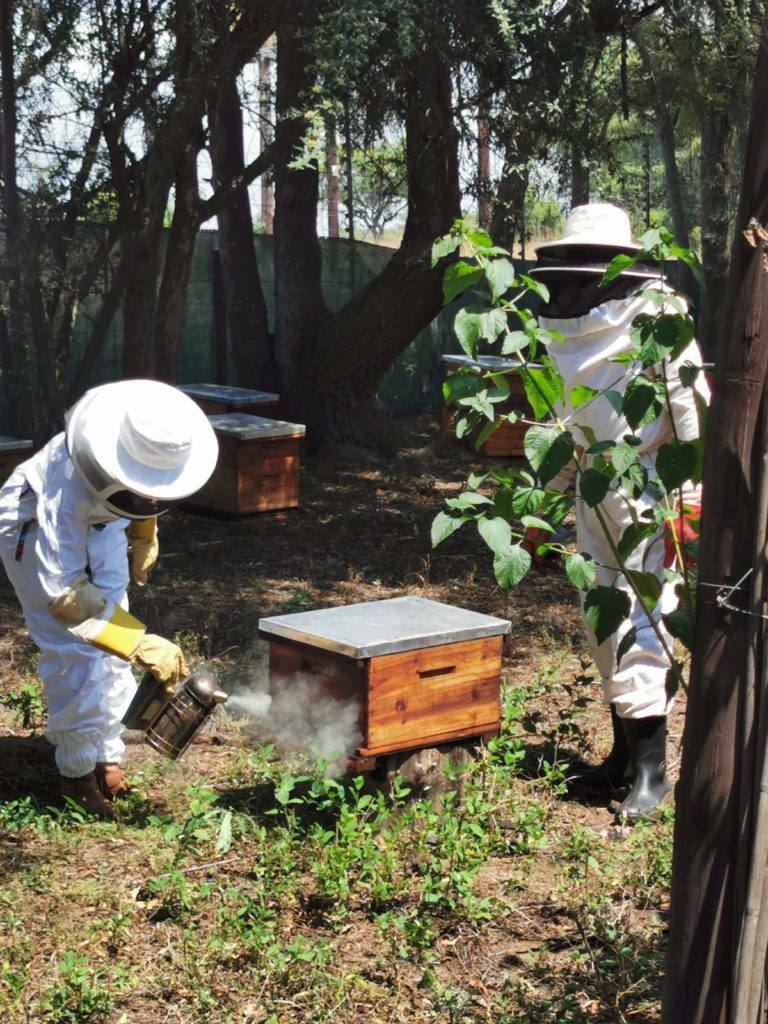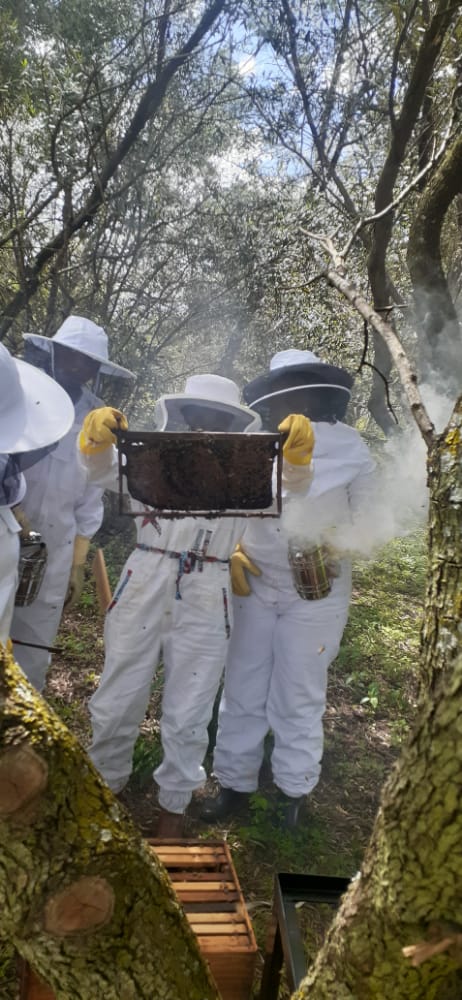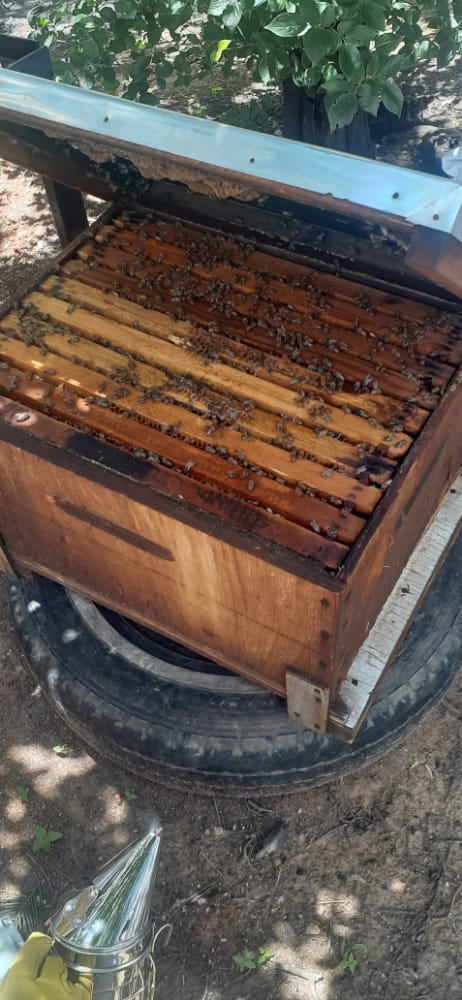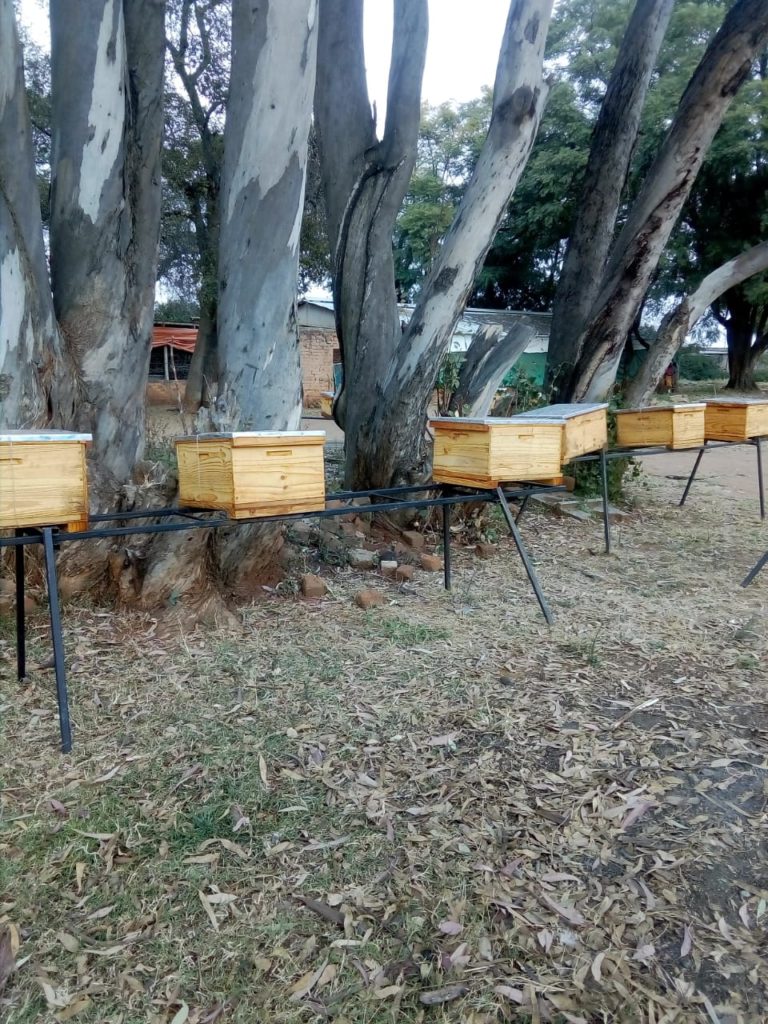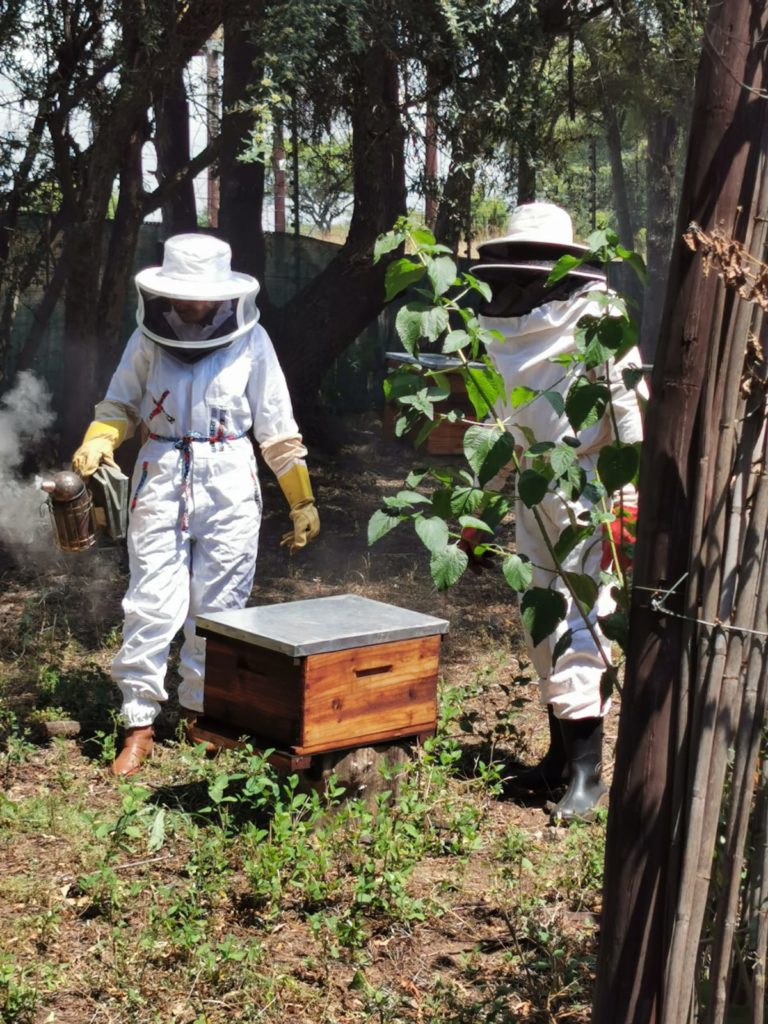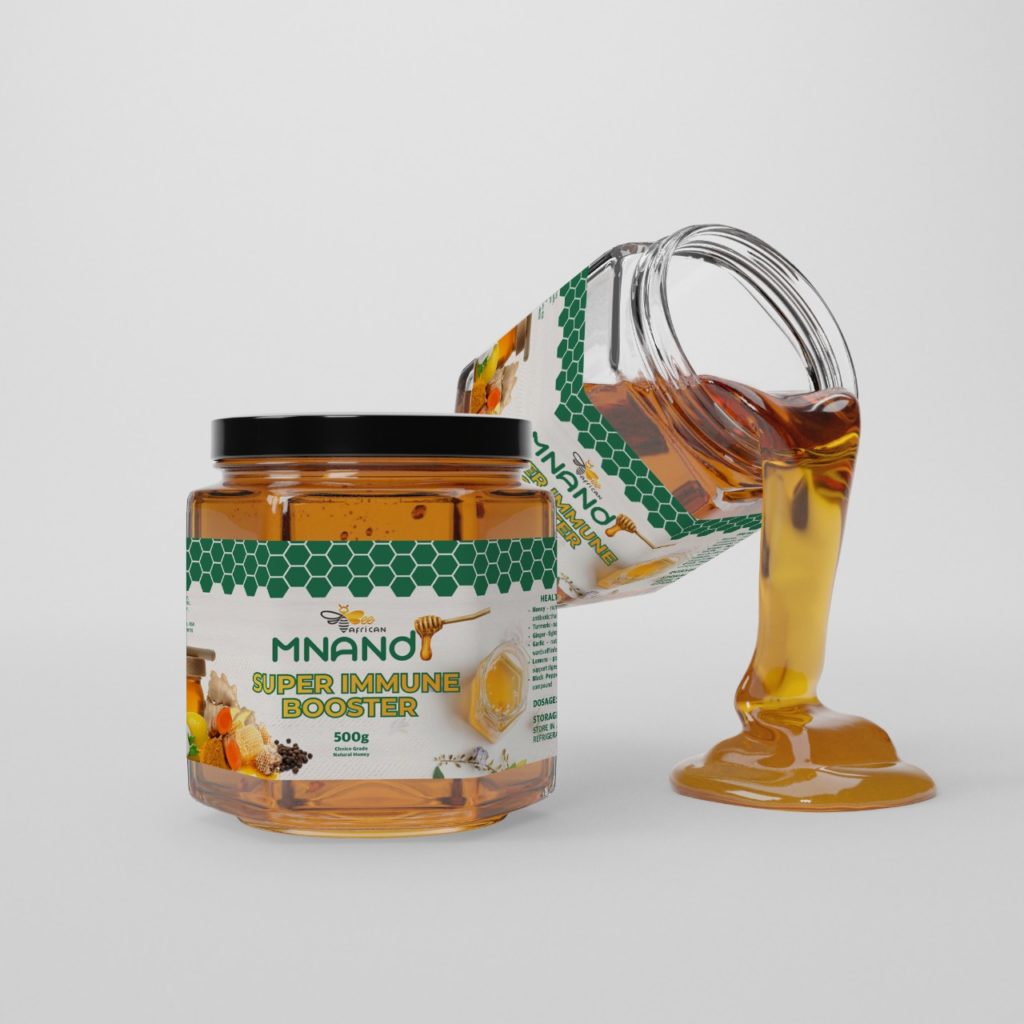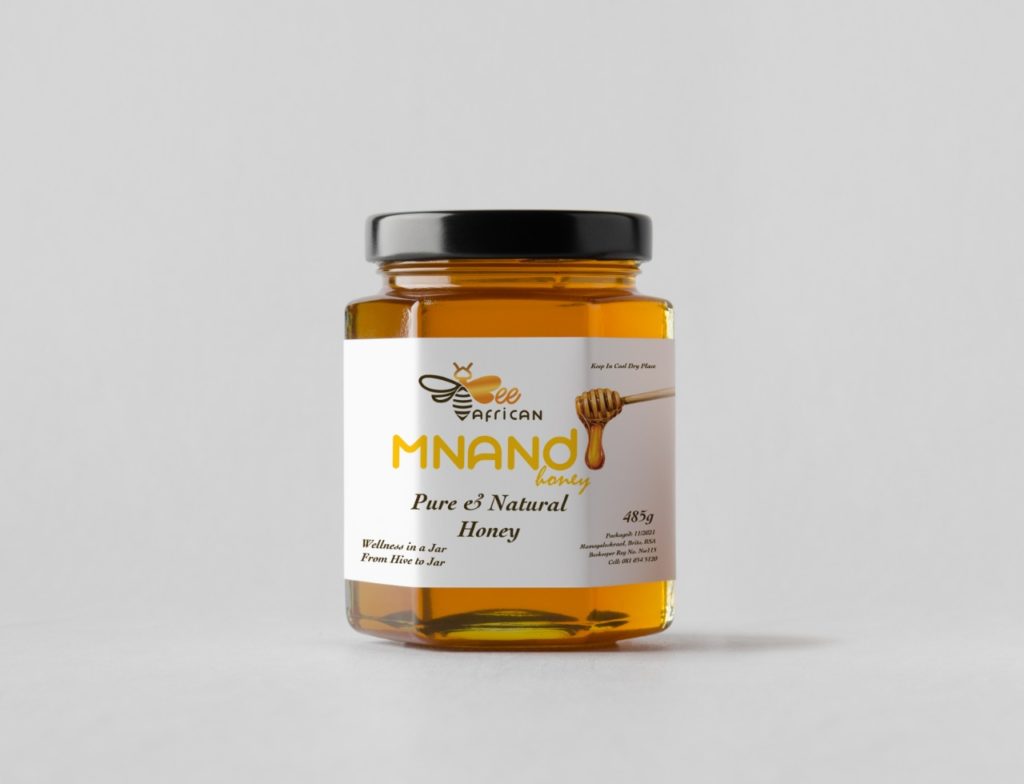
SKILLS DEVELOPMENT: BEE kind, BEE skilled, BEE involved, BEEAfrican
The initiative to upskill women and youth in the science of Beekeeping. By Linda Botts.
What is the single most important species on the planet? You are wrong if your answer is human beings. It is bees.
For the continued existence of the human race, we need bees to pollinate our plants. They are a very big part of the ecosystem on which man and animal depend to survive.
The physicist, Albert Einstein, said that if bees were to disappear from the face of the earth, humanity would have only four years life left, before the pollination process disappeared too. Since then, science has found alternative pollination methods, but nothing comes close to the God-given, natural way of the bee. Humanity might not disappear, but without honey, would it be a world worth living in? Bees are the only creatures that can produce real honey.
Honey is something of a luxury for many people, but it is a wonderful medicinal source and a key product for all kinds of allergy medications. There are also many natural remedies and other exclusive products developed from honey wax.
I have had the pleasure of meeting the founder and managing director of BeeAfrican, Mems Ramaila, who has made it her life mission not only to farm bees but also to train other women and young people to do the same.
BeeAfrican, in collaboration with one of their funders, Sibanye Stillwater, the global mining company, is currently working on its flagship beekeeping community project in the North- West Province where five community members from Marikana will become commercial beekeepers and enrich their community with the wonderful resources that the project creates.
The pilot project was launched in July 2022, and according to one of the specialists and academics at Sibanye Stillwater, projects like these have the potential to change our country and even influence the amount of artificial honey that is currently being imported from overseas. His hope is that this project and the once to follow will grow local honey production to the point where the country will no longer need to import honey but can reach the stage of exporting honey to other countries that have shown a great demand for it.
In South Africa the current demand for honey is around 5,000 tons of honey per annum. Our current local production is around 2,000 tons per annum. Mems Ramaila’s dream and passion is to see all of that changed, and by all accounts she’s the right lady for the job.
At the launch, Mems was described as being tenacious. She is known for her strong talent for putting teams together. Mems is eager to share her vast knowledge of beekeeping and honey production.
Beekeeping is such an interesting topic, I could not resist putting some question to Mems about it.
Where did you learn to keep bees?
I was taught beekeeping by an international honey judge, Mr Arie Krieke from the Netherlands, courtesy of PUM Experts, in 2018.
Why is beekeeping so important?
Bees support the growth of plants, which in turn sink carbon and thus protect the environment. Bees are also important for balancing and restoring ecosystems. They also have commercial value for humankind through honey production, offering health benefits to honey consumers.
It seems to be a great passion for you. How long have you been doing this?
The bees began visiting our lucerne field in 2018 and I’ve been tending them ever since then.
Your beekeeping projects is changing people’s lives. Tell us more on how you came about your training and skills development projects and how it works.
We use a selection process to get women and youth involved and we train them on the fundamentals of beekeeping and support them via a 12-month mentorship program.
What are the greatest hurdles you face when it comes to launching new projects?
Having access to more acreage of bee-friendly plants to ensure sufficient food for the bees. Another great need for these projects is clientele for our pure, natural honey.
Who would be an ideal trainee for your projects?
Anyone with a passion to get involved in beekeeping, especially rural women, and youth.
If there is a philanthropist or organisation out there that would like to fund one of your projects or buy honey, where could they find you?
mems@beeafrican.africa or +27 81 03 45120
One of the biggest challenges facing South Africa is the training or skilling of eligible workers. Education can and will change our economy and people’s lives. BeeAfrican delivers a double punch – addressing both education and the environment through their projects which contribute to an essential part of our ecosystem and human sustainability.
You can play your part to support them by purchasing real honey from your local supplier. It should say ‘Pure Natural Honey’ or else it’s not real honey. All things considered, I believe that you will find pure, natural honey far more desirable than the artificial substitute now that you have the BeeAfrican backstory!
Images left: BeeAfrican products
Image left: BeeAfrican beehives in the field, ready for the bees to move in and start their production process.
Images top and left: The process of calming the bees down in order to inspect the beehives for pests, diseases and the brood.
